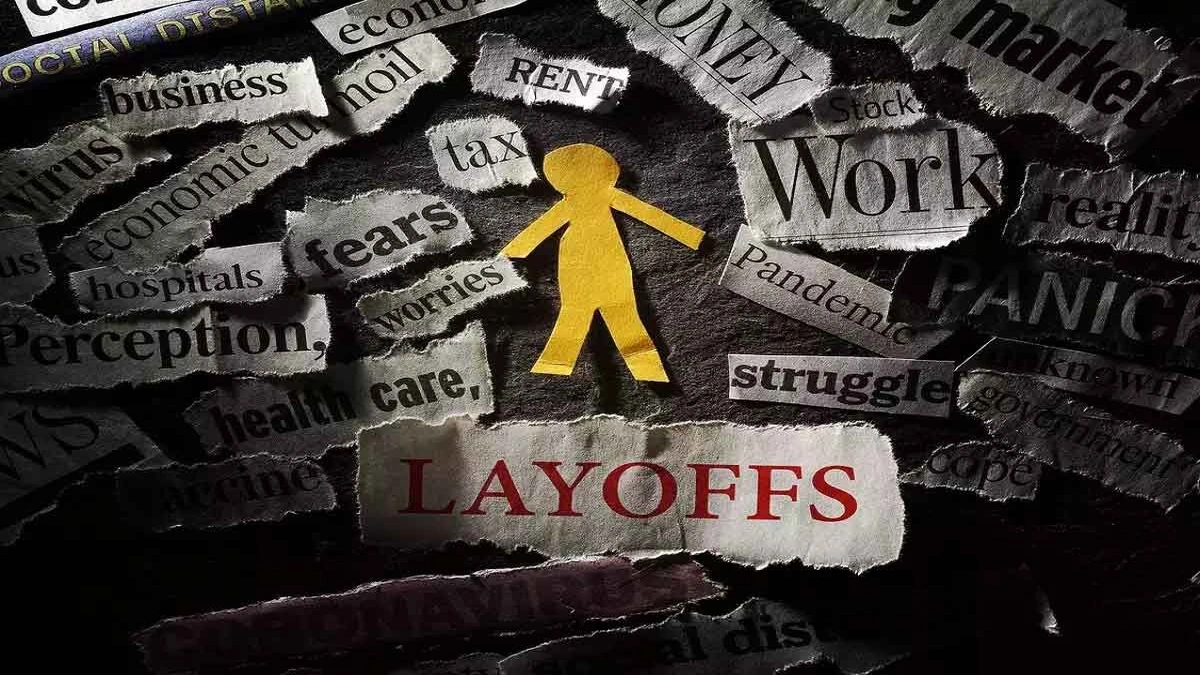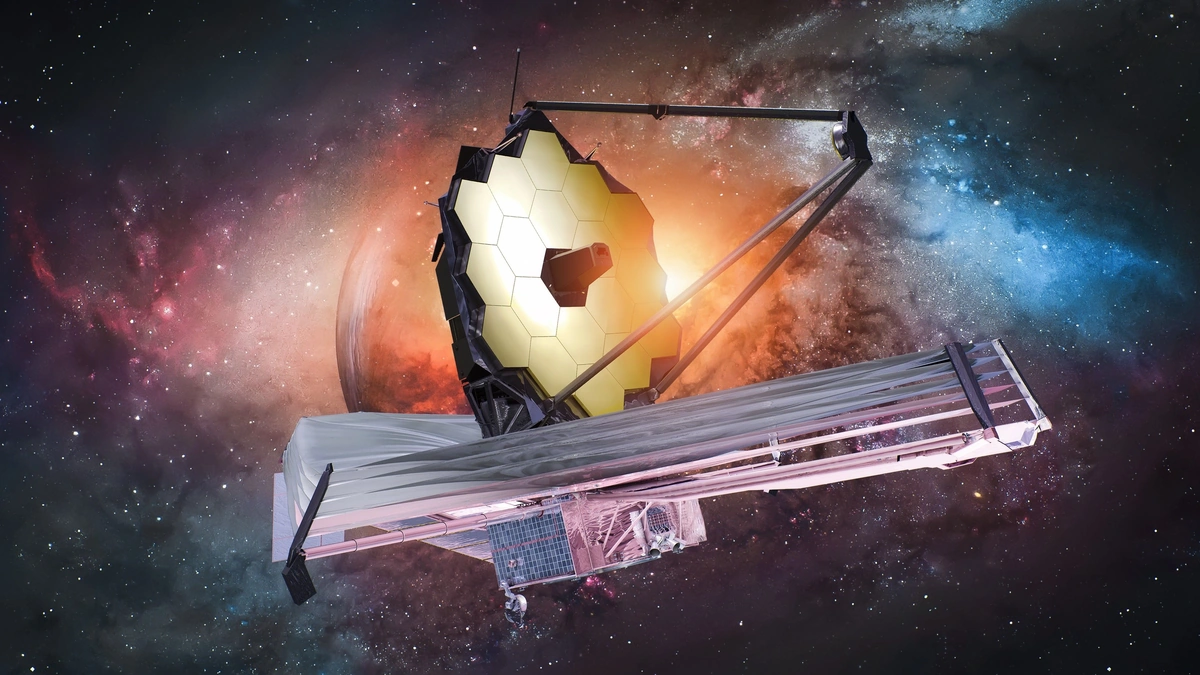Your New Boss is an AI, and It Might Just Fire You | The IgniteTech Layoff Story We All Need to Unpack
Grab a chair. Let’s talk about something a bit… unsettling. We’ve all been hearing the whispers, right? “AI is going to change everything,” “AI will take our jobs.” It’s been the background noise of our lives for the past couple of years. But it always felt a bit abstract, a problem for tomorrow. Well, tomorrow just arrived, and it came in the form of a LinkedIn post from a CEO named Eric Vaughan.
What he announced wasn’t just another round of tech layoffs. Oh no. This was different. This was a company, IgniteTech, openly declaring that it was replacing a chunk of its workforce specifically with its own AI, and that this was the new, permanent way of doing things. The eric vaughan ignitetech ai layoffs aren’t just news; they’re a signal. A loud, blaring siren telling us that the very nature of work, management, and even job security is being rewritten in real-time.
And for us here in India, where the tech industry is a cornerstone of our economy and millions are part of the global remote workforce, this isn’t some distant Silicon Valley drama. This is a preview of a movie we might all be starring in very soon. So, let’s break down what actually happened and, more importantly, what it truly means.
Who is Eric Vaughan and What on Earth is IgniteTech?

First, some context. You’ve probably never heard of IgniteTech, and that’s by design. They’re not a flashy startup building the next big social media app. They’re part of a company called ESW Capital, which has a very specific, and some would say ruthless, business model: they buy up older, stable software companies and then… optimize them. Aggressively.
Think of them as the house-flippers of the software world. They buy a property, strip it down to the studs, get rid of anything they see as non-essential, and focus purely on extracting profit. A key part of their model is a hiring platform called Crossover, which promotes a “work from anywhere” global talent pool. This sounds great, but it’s built on a foundation of intense productivity tracking and a highly competitive, metrics-driven environment.
Eric Vaughan is the CEO of IgniteTech, one of the companies under this umbrella. So when he makes an announcement, he’s not just speaking for one small company. He’s speaking from within an ecosystem that has been perfecting the art of lean, remote, and data-driven operations for years. AI isn’t a new toy for them; it’s the logical, supercharged next step in their core philosophy.
The “AI is Our New Overlord” Memo | What Did It Actually Say?

Let’s get to the heart of it. In his announcement, Vaughan didn’t beat around the bush or use fuzzy corporate jargon like “restructuring” or “synergies.” He was brutally direct. He stated that the company was going “pro-AI” and had made the “hard but necessary decision to part ways with some of our colleagues.”
But here’s the kicker. He said the company had built its own AI, named “Aira,” to automate tasks and make decisions. He explicitly mentioned that roles in the services and support team were being replaced because Aira could do the job. The message was clear: a human did this job yesterday; our AI does it today. The human is now gone. This wasn’t about AI assisting employees; it was about AI replacing them. This shift in AI in the workplace is a fundamental one. He even suggested that this would lead to a “smaller, more agile, and future-focused team.”
What’s wild is the framing. It was presented as a bold, innovative leap into the future. A necessary evolution. And maybe, from a purely financial perspective, it is. But it completely glosses over the human element, turning people into line items that can be swapped out for a more efficient algorithm. It’s one thing for a factory to replace an assembly line worker with a robot; it’s another thing entirely for an AI to take over a knowledge worker’s job and be framed as the new, better employee.
Beyond the Buzzwords | The Real “Why” Behind These AI-Driven Layoffs

So, why is this happening? On the surface, it’s about cost-cutting and efficiency. A no-brainer for a company like IgniteTech. But I think it runs deeper than that. This is the ultimate conclusion of the productivity-at-all-costs mindset. For years, companies like those under the ESW umbrella have used tools like Crossover to monitor every keystroke, track every minute, and turn work into a series of quantifiable metrics. Humans, with our need for breaks, sick days, and bad moods, were always the messiest part of that equation.
AI offers the dream of a perfectly predictable, 24/7, emotionless workforce. It doesn’t ask for a raise. It doesn’t need vacation. It simply executes. The IgniteTech Crossover model was already about disaggregating jobs into tasks and finding the cheapest person anywhere in the world to do them. This is just the next step: disaggregating tasks and seeing if an algorithm can do them instead. A fascinating, if slightly terrifying, development is how quickly open-source models are catching up, as seen with things like the new OpenAI GPT-o model, making this kind of in-house AI development more accessible.
Let’s be honest: the tech industry layoffs we’ve seen over the past two years have often been framed as a course correction after over-hiring during the pandemic. But the IgniteTech story feels different. It feels ideological. It’s a declaration that the company’s primary allegiance is not to its people, but to its technology and the efficiency it promises. This isn’t a temporary measure; it’s a permanent change in the org chart, with AI now listed as a key team member.
What This Means for Tech Workers in India (and Everywhere Else)
This is where it hits home. India’s tech talent is the backbone of countless global companies. The remote work revolution opened up incredible opportunities, allowing a programmer in Hyderabad to work for a company in Austin, Texas. But this also makes them vulnerable to the very same forces at play at IgniteTech.
Here’s what this signal means for us:
- The Definition of “Job Security” is Changing: Your value is no longer just about your skills, but about your ability to do things an AI can’t. This means creativity, critical thinking, complex problem-solving, and emotional intelligence are now your greatest assets. Being a good coder isn’t enough if an AI can code just as well. Can you lead a team, design a system, or negotiate with a client? That’s the new currency.
- “Remote Work” Could Get More Invasive: The same AI-driven management that decides who to lay off can also be used to monitor current employees with terrifying precision. We’re moving from “Are you getting your work done?” to “Are you working in the most algorithmically optimal way?” It’s a scary thought. The speed at which these changes are happening feels almost cosmic, like the universe itself is reconfiguring, much like the recent buzz about the comet connection to earthly events.
- Upskilling is No Longer Optional, It’s Survival: You need to become an AI “whisperer.” Learning how to use AI tools, especially Large Language Models (LLMs), to augment your work is now a baseline skill. The jobs of the future won’t be about competing with AI, but about collaborating with it. The person who knows how to leverage AI to do their job 10x better is the one who will be indispensable.
The Eric Vaughan CEO memo might be the first of its kind to be so blatant, but it certainly won’t be the last. It has pulled back the curtain on a conversation that was happening in boardrooms everywhere.
Answering Your Burning Questions
So, did an AI actually fire people?
Not directly. A human CEO, Eric Vaughan, made the announcement. But the decision to eliminate the roles was explicitly based on the capabilities of their new in-house AI, Aira. The AI’s ability to perform the jobs was the direct justification for the layoffs.
Is this legal?
Generally, yes. In most places, companies have the right to restructure and eliminate positions, especially for reasons of technological automation. The ethics, however, are a much grayer area and are being hotly debated.
Is my job in tech support or customer service doomed?
Not necessarily, but it is changing. Routine, repetitive queries are prime for automation. The human roles that remain will likely be focused on handling complex, escalated, or high-empathy issues that an AI can’t manage. The key is to move up the value chain.
What is the Crossover platform that IgniteTech uses?
Crossover is a recruiting platform that specializes in finding global remote talent. It’s known for its rigorous testing and a model that often involves high levels of performance monitoring. It’s a key part of the ESW/IgniteTech operational strategy to build a highly-vetted, globally-distributed workforce.
What can I do to ‘AI-proof’ my career?
Focus on skills that are uniquely human: creativity, strategic thinking, leadership, empathy, and complex communication. Also, become an expert at using AI tools. Don’t see them as a competitor, see them as a powerful lever you can pull to make yourself more valuable. As one expert atForbesnotes, AI is more likely to be a co-pilot than a replacement for high-skill roles.
The future of work isn’t some far-off concept anymore. The IgniteTech story is a stark reminder that we’re in the middle of a profound transformation. This isn’t a moment for panic, but it is a moment for a serious reality check. The ground is shifting beneath our feet, and the question we all need to ask ourselves is not if we need to adapt, but how quickly we can do it.













